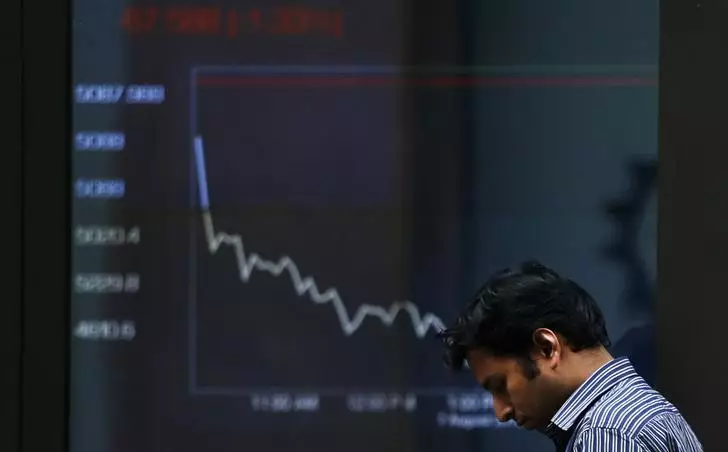The Asian stock markets experienced a surge on Tuesday, fueled by the optimism surrounding a potential decline in U.S. interest rates. The indexes in Japan and South Korea outperformed their peers, setting the tone for a positive trading day. Investors were eagerly awaiting the Reserve Bank of Australia meeting to gauge the central bank's stance on interest rates. While the consensus was for rates to remain steady, there was speculation of a more hawkish tone in the statements.
Market Sentiment Supported by Strong Earnings
The positive momentum in the regional markets was largely influenced by the gains in the technology sector, following a series of impressive first-quarter earnings reports. Traders took a cue from Wall Street's performance and anticipated similar gains in their respective markets. However, the enthusiasm was tempered by the slight decline in U.S. stock index futures during Asian trading hours.
Japan's Nikkei 225 and South Korea's KOSPI emerged as the top performers in Asia, posting significant gains of 1.2% and 1.9%, respectively. These two markets were playing catch-up after a long weekend and were buoyed by the softer-than-expected U.S. nonfarm payrolls data from the previous week. The technology stocks played a pivotal role in driving the indexes higher.
Concerns Linger Over U.S. Interest Rate Cuts
Despite the positive market sentiment, there were lingering concerns about the timing of U.S. interest rate cuts. While traders were pricing in a 48% chance of a 25 basis points rate cut in September, Federal Reserve officials were cautious in their statements. They emphasized the need for more evidence of decreasing inflation before committing to a rate cut, adding a layer of uncertainty to the market outlook.
Impact of Economic Data and Corporate Earnings
Australia's ASX 200 index reflected the impact of weak retail sales data on market sentiment. The data indicated a slowdown in domestic spending, which could lead to softer inflation in the future. This trend raised doubts about the Reserve Bank of Australia's hawkish stance in light of the cooling spending patterns. Additionally, some weak earnings reports, such as ANZ Group's modest profit figures, contributed to limiting market gains.
While Japan and South Korea witnessed robust gains, the broader Asian markets had a more subdued performance. Chinese shares, which had seen a significant rebound in April, showed signs of losing momentum. The Shanghai Shenzhen CSI 300 and Shanghai Composite indexes recorded minor movements, indicating a potential stall in the rally. Hong Kong's Hang Seng index, after a 10-session winning streak, experienced a slight decline. The futures for India's Nifty 50 index also pointed to a muted opening, following mild losses in the previous session.
The Asian stock markets exhibited a mixed response to the prevailing market conditions. While optimism over potential U.S. interest rate cuts drove some markets higher, concerns about economic data and corporate earnings tempered the overall enthusiasm. As investors await further cues from the Federal Reserve and other central banks, the market sentiment remains delicately balanced between hope and caution.

